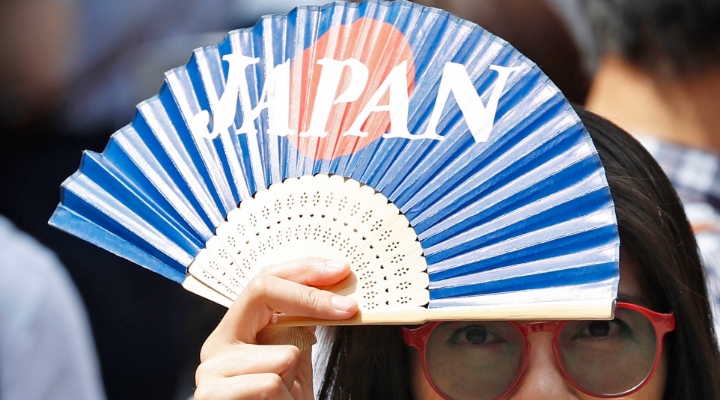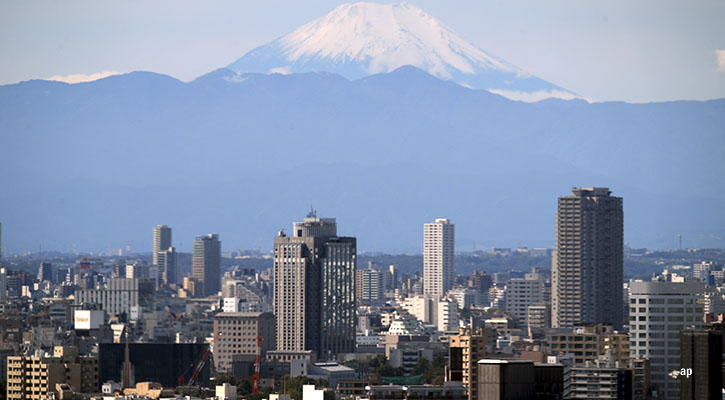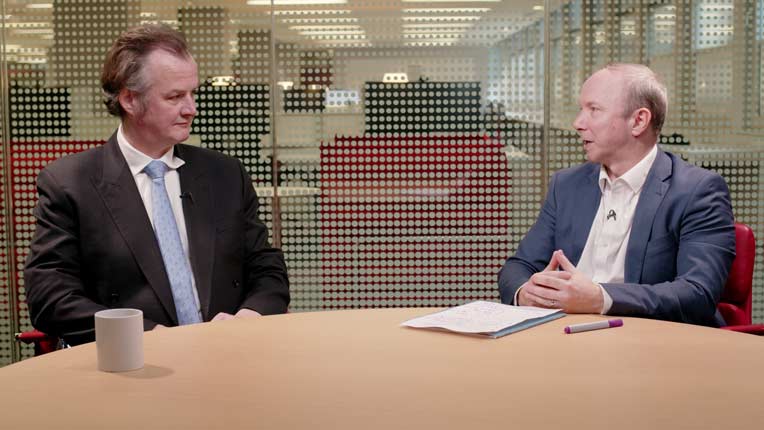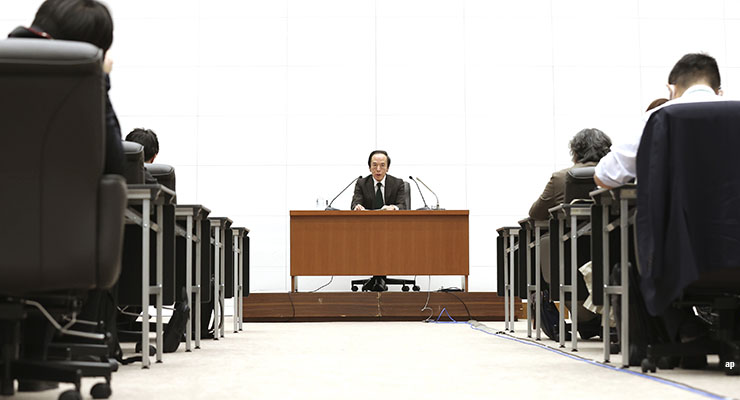Historically the Japanese stockmarket has had a relatively low correlation with most other markets. So a small holding in Japan has helped to lower the total risk of a portfolio.
The problem is that Japanese shares also need to give a positive expected future return. Tokyo’s underperformance, with the Nikkei currently at 7,793 compared with 8,579 at the start of 2003, has several causes but increased political risk is central.
<
br>
Investors are naturally wary of Japan after 13 years of falling prices, low economic growth and political deadlock. But there are many profitable companies.
Analysts, who argue that now is a good time to invest for the long term, point to improved cash flow in most Japanese companies thanks to many years of cost cutting. Lower share prices mean that the market’s valuation (price-cash flow) is currently much lower than in America. When economic growth increases in Japan it should hopefully lead to higher valuations.
Embedded pessimism
At the same time there are persistent arguments against investing in Japanese funds. Deeply enbedded pessimism coupled with an ageing population point to continued low growth. It also seems hard to find enough investors willing to commit new money, which would be needed to sustain a market rally, after suffering in previous downturns. Added to this is the continued risk that bad loans could lead to a financial crisis. The new leadership at the Bank of Japan is a disappointment so far but it was always likely to take longer than a month for it to start tackling the country’s chronic deflation.
Decisive political action, especially in relation to economic reform, is needed in Japan. the election in September of the LDP’s party president will therefore be an important event.
Junichiro Koizumi, the present prime minister, has pushed his reform agenda since being elected party president in the spring of 2001. Key questions are whether Mr Koizumi will remain firm on economic reform and if he will win this LDP party election. If he is not re-elected president he will probably call a general election although its outcome would be uncertain.



























